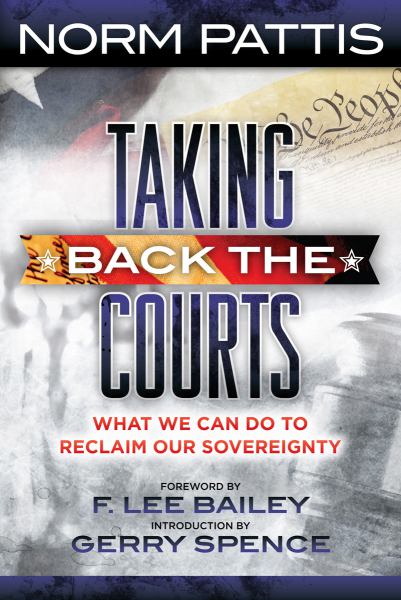Criminal Defense and Civil Rights Lawyer
- Prosecutions for white collar crime seem to be increasing in number. Are there just more in the media spotlight or are prosecutors focusing more on this area?
-
Although prosecutors in the federal system are not elected, I believe they are at heart politicians. They are going to prosecute those cases in which they think they can get a conviction. People are angry now about the economy: bankers, brokers and white collar defendants are easy targets. I don't know whether the number of such cases has increased in real terms, but I suspect news coverage of the cases has. Angry people need something to hate. The government is delivering up white collar defendants to feed our rage.
- Exactly what is white collar crime and what are the most common charges you’re seeing as a criminal trial lawyer in Connecticut?
-
A white collar crime is a paper crime. The defendants are typically a person in a position of power or trust. Thus, a bank teller skimming receipts is a white collar defendant. He is in a position of trust. So is a mortgage broker filling out false loan applications. And let's not forget CEOs and company presidents. Any claim of fraud becomes an interstate offense the moment a person picks up the phone of drops something in the mail. So almost any offense can be mail or wire fraud. I see a lot of that.
- Does the judicial system favor white collar offenders in terms of sentencing as compared with people convicted of drug offenses, sex crimes, and violent felonies?
-
The political pressure to slam white collar defendants is increasing, as we saw in the Skilling case and Enron. However, sentences for crimes involving violence, sex and drugs are still off the charts. We sentence more people to prison and for far longer terms of imprisonment than do our Western European counterparts. No one seems to note the irony that in this "land of the free" millions of Americans live on what amounts to a penal colony.
- Mortgage fraud, insurance fraud, and healthcare fraud prosecutions seem to be increasing at a faster rate than other white collar crimes. Is this effort in any way political?
-
It is absolutely political. The level of trust in the political system seems very low. The government tries to deflect our misgivings about the political process onto private pawns. That's why we prosecute bankers but not the government officials who underwrite them. One of the great ironies in American political life is the immunity from suit we grant politicians. The polling place is simply an inadequate remedy for rooting our corruption and incompetence. When candidates from the major parties all start looking and sounding alike, people want someone to be accountable. So we prosecute business people.
- We are seeing many prosecutions of elected officials. Are these cases harder to defend for a criminal trial lawyer?
-
Let me answer your question with a question? Do politicians lie? I am sure you chuckled when you read that answer. Of course they do, we say. But we elect them anyhow. It is not clear to me why the electorate is content to circulate what it regards as liars through public office. But when one of these politicians faces trial, I think jurors are disposed to believe the worst about them. I was surprised, frankly, that Rod Blagojevich wasn't convicted. Let's see what happens on the retrial.
- You are known for fighting injustices in the system. What sorts of institutional unfairness do people charged with white collar crimes typically face?
-
The perversion of the grand jury process is the single most glaring unfairness. The institution was designed to protect people from a vindictive government. Ordinary people were supposed to insulate folks from half-cocked prosecutions and to keep a person's reputation from being harmed while criminal prosecution was contemplated. In today's climate, grand juries are an inquisitorial device. Prosecutors pour through the details of your life and will not answer your questions about what they are doing and why. You have no right to a lawyer to tell grand jurors the other side of the story. Prosecutors run riot and no one cares. It is deeply distressing.
- What are the most effective defenses for people targeted by possibly overzealous prosecutors?
-
An unconventional strategy is to combat grand jury secrecy with public disclosure of the grand jury's doings. Witnesses are not prohibited from speaking to others. A client can conduct a shadow grand jury, interviewing witnesses willing to talk. An aggressive defense can then publicize a defense. This is an extremely risky strategy and it might not be appropriate in every case. But the rumors about grand jury investigations can be damaging. In some cases it makes sense to come out swinging and tell your own tale. Some times it pays to take the fight to your enemy; let them spend time answering questions you put to them, rather than running scared.
- How frequent are white collar crime prosecutions in Connecticut specifically and how does that compare with other states?
-
Connecticut has been fertile ground for white collar prosecutions in recent years. Several mayors and a governor have been deposed, prosecuted and imprisoned. Given the state's economy and wealth, there is a lot of white collar woe here, more, I suspect, than in many other states

